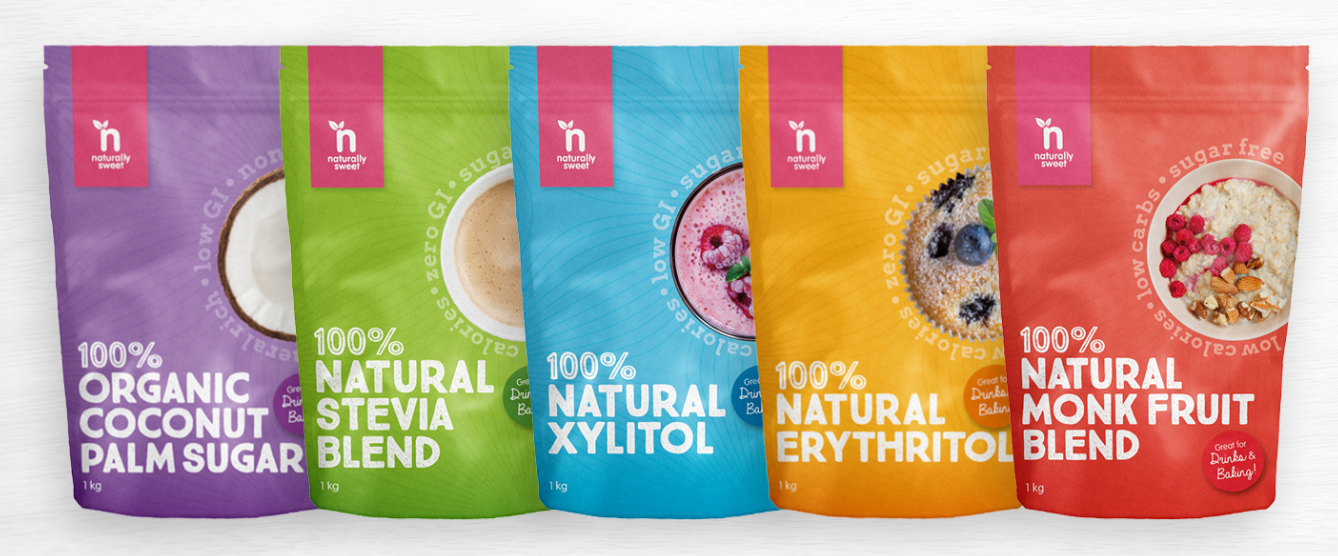Tea sweetened with stevia may help maintain naturally occurring antioxidants in tea
Dr. Cathy Kapica, The Awegrin Institute; Chair, GSI Board of Advisors Tea is the most commonly consumed beverage around the world, with black tea being the most popular choice. Tea is known to contain several compounds, known as polyphenols, which function as antioxidants and anti-inflammatory agents in the body. While both black and green teas have polyphenols, the specific kinds vary with each tea type. Tea polyphenols have been shown to have numerous health benefits, including reducing the risk of cancer, heart disease, and kidney disease1. Black tea, in particular, is often consumed with milk and/or added sweeteners such as sugar, honey or stevia. To study if adding milk or sweeteners affected the health-promoting antioxidants of the tea, researchers in Kenya2 chose leaf samples from five tea cultivars. Teas were prepared using a standardized method, and made with varying levels of milk, sugar, honey or stevia. Antioxidant levels were measured. Results showed that adding milk, sugar or honey reduced antioxidant levels of the tea. Stevia had no significant influence on antioxidant activity of plain or milk black teas. According to the results of this study, sweetening tea with stevia instead of sugar is a better choice. More research is needed to confirm these results in tea from other parts of the world. 1Gupta J, et al. A review on beneficial effects of tea polyphenols on human health. Intl J Pharmacology, 5, 314–338, 2008.2 Korir MW, et al. The fortification of tea with sweeteners and milk and its effect on in vitro antioxidant potential of tea product and glutathione levels in an animal model. Food Chemistry. 145:145-53, 2014.



